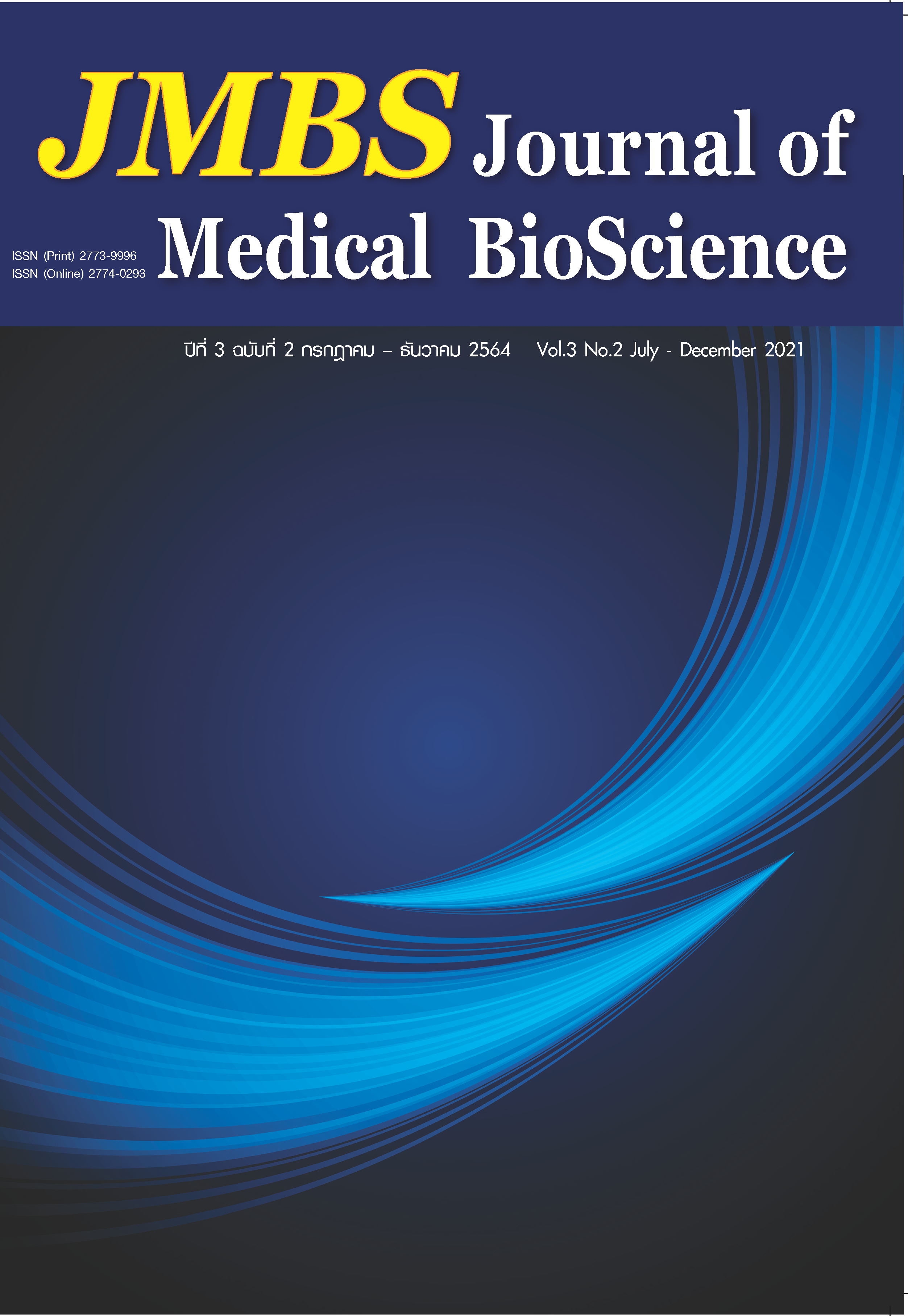Self-esteem of parents and adverse childhood experiences
Keywords:
Adverse childhood experiences, self-esteemAbstract
Background: Receiving an adverse experience of a child could have a long-term impact on the future, including potential effect on child rearing in many dimensions. Self-esteem is also one of the factors that may affect the efficiency of raising children. In Thailand, however, there has never been a study of the relationship between adverse childhood experience and self-esteem.
Objectives: To study the relationship of the overall score of adverse childhood experiences and the self-esteem in parents who brought their children to receive treatment at the Child and Adolescent Psychiatric Department.
Methods: The cross-sectional descriptive study conducted with 103 subjects recruited from parents visiting the Child and Adolescent Psychiatric Clinic, King Chulalongkorn Memorial Hospital, from February to May, 2018. The research questionnaire consisted of demographic data form, Adverse Childhood Experiences (ACE) Questionnaire, Thai-version and Rosenberg Self-Esteem (RSE) Questionnaire, Thai-version.
Results: Personal factors such as having an underlying disease, psychiatric disorders and depression were significantly associated with the overall score of adverse childhood experiences significance. Personal factors such as having an immune deficiency disease and having a psychiatric disorder were significantly associated with self-esteem. The overall score of adverse childhood experiences is inversely related to self-esteem.
Conclusion: The overall score of adverse childhood experiences is inversely related to self-esteem. The results of this study can be used for the planning of care for children and adolescent psychiatric patients. Furthermore, these could be used for the prevention of adverse experiences for the children in next generation.






